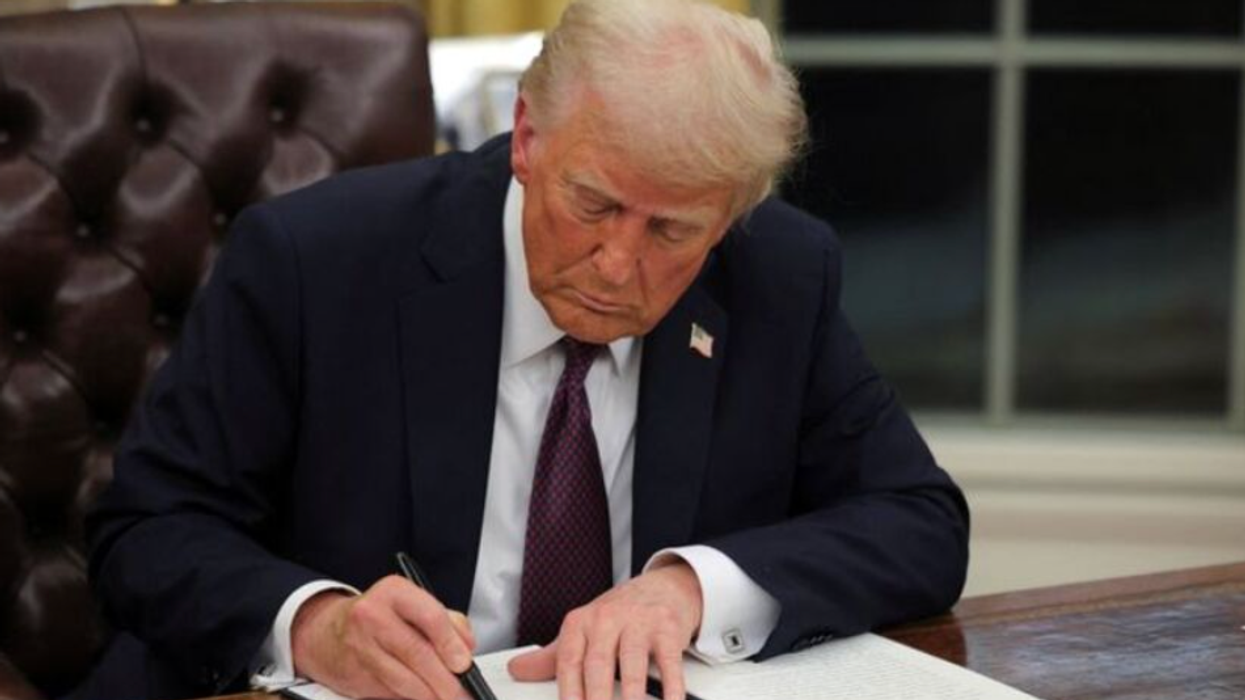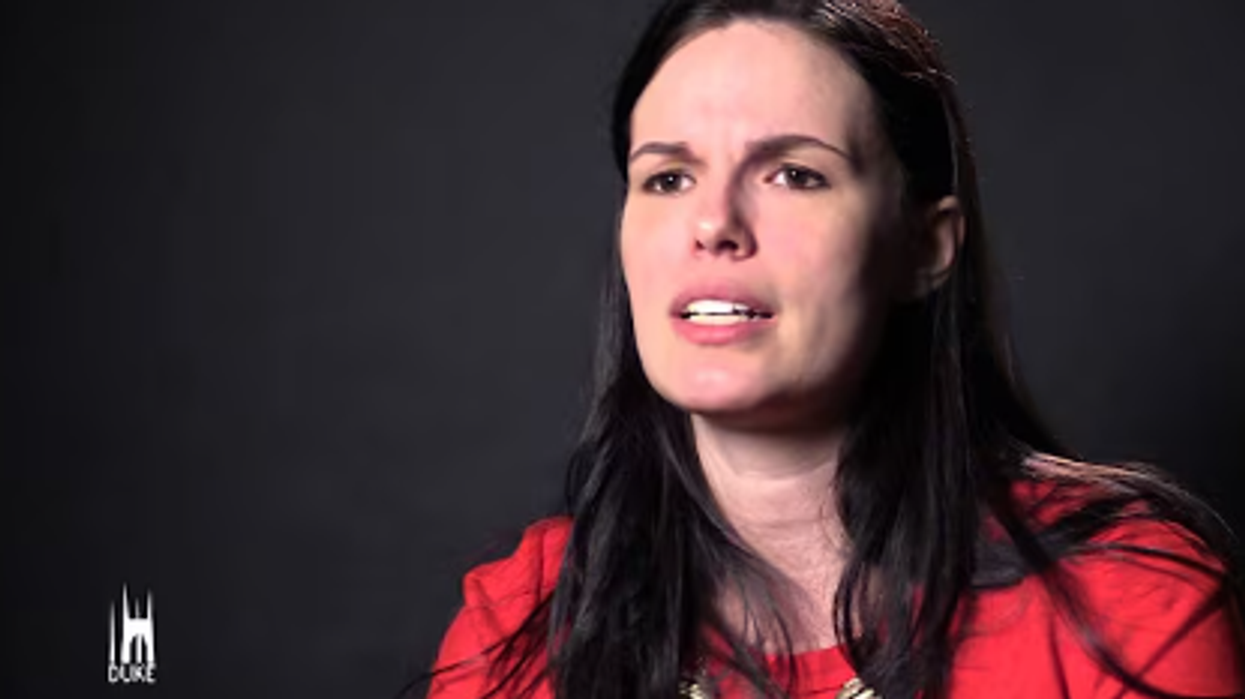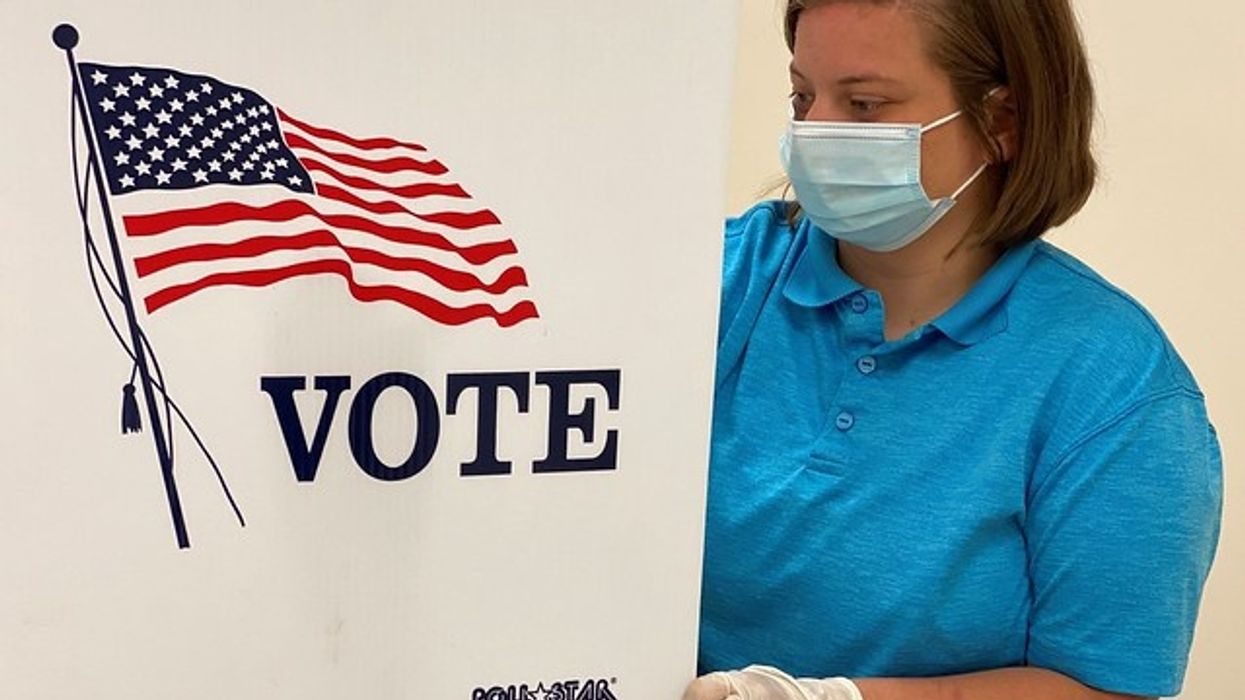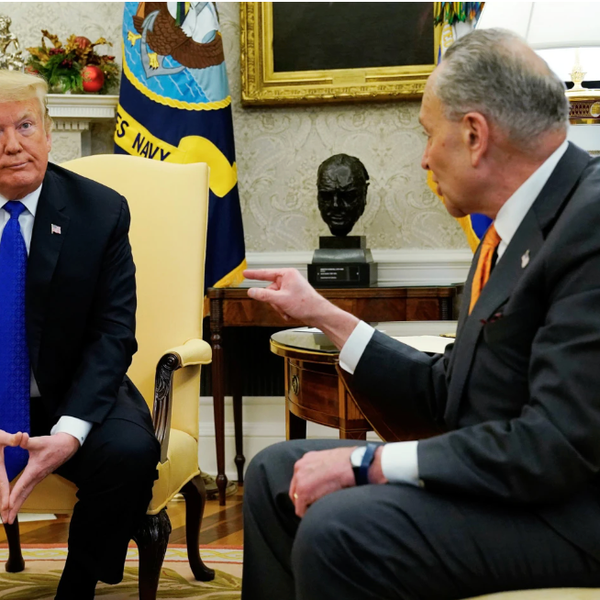Some people just won’t take no for an answer.
Put in that category the Republican candidate for a seat on the North Carolina Supreme Court. Jefferson Griffin lost that race to incumbent Democratic Justice Allison Riggs by just 734 votes out of more than 5.5 million cast, which has to hurt. Ask Democrat Cheri Beasley, who in 2020 lost her North Carolina chief justice race to Republican Paul Newby by about 400 votes from almost 5.4 million ballots cast.
Since two recounts have confirmed the Riggs win, you might think Griffin would have conceded by now, as Beasley did after two recounts.
You would be wrong.
Without pointing to one illegal or fraudulent vote, Griffin is trying to have 60,000 votes thrown out — including the votes of Riggs’ parents — mostly because either a driver’s license number or the last four digits of a Social Security number were not attached to those voters’ registrations.
There may be good reasons for that, as many registered before those items were required, or the “missing” information was not attached because of bureaucratic error. Last year, a federal judge, a Trump appointee, dismissed part of a suit brought by the Republican Party that sought to purge 225,000 voters from the rolls.
Because of North Carolina law, everyone who voted in November had to show an accepted form of ID — for many, a driver’s license. They walked out of their polling places satisfied they had performed their civic duty.
If Griffin and state Republicans have their way, many of their votes may not count.
It’s no coincidence that analysis has shown that voters the GOP point to as suspect are disproportionately young, non-white or less likely to vote for Republicans.
Griffin, who hasn’t tried to defend his reasoning out loud, is only questioning results in his race, knowing the doubt and confusion it would cause in other, already certified state races. State and federal courts, and even some right-wing, so-called voter integrity groups have in the past rejected the arguments Griffin makes.
It’s easy yet dangerous to dismiss it as the usual GOP tactic of sowing doubt about any election a Republican loses, crying “wolf” or “rigged,” while declaring an election free and fair if it goes the other way; it gradually causes Americans to reject the integrity of any election.
And it is a tactic overwhelmingly used by one party.
The difference between the two major parties on how they handle wins and losses is why the transfer of power in January 2025 — with Vice President Kamala Harris honorably certifying an electoral count she lost — looked nothing like the violent insurrection of Jan. 6, 2021, when losing candidate Donald Trump incited followers to resist instead of choosing democracy.
Now, Griffin’s case is getting national attention because the GOP-dominated, seven-member North Carolina Supreme Court is giving it oxygen, offering national Republicans a blueprint. Four of the five GOP justices voted to temporarily put the brakes on the certification. Riggs understandably recused herself, and Justice Anita Earls, the only other Democrat on the court, voted to let the state Board of Elections decision, and the Riggs win, stand.
Showing some independence as well as common sense, Republican Justice Richard Dietz joined Earls in rejecting the post-election maneuvering, and wrote in dissent: “Permitting post-election litigation that seeks to rewrite our state’s election rules — and, as a result, remove the right to vote in an election from people who already lawfully voted under the existing rules — invites incredible mischief.”
A challenge to the state Supreme Court action has already come in the form of a recent filing from the Democratic National Committee. On a press call earlier this week, former North Carolina Gov. Roy Cooper, outgoing DNC Chair Jaime Harrison and state party chair Anderson Clayton talked about what the case means beyond North Carolina.
“The eyes of the entire country are on this race because the implications of having free and fair elections that are being questioned and potentially overturned are devastating,” said Cooper. “If they are successful in this scheme,” he said, “there will be copycat lawsuits across this country for races where they don’t like the result.”
“This time it’s 60,000 ballots, next time it’s 100,000 ballots, and then it’s 250,000 ballots until no ballots get counted,” said Clayton, whose national profile rose during the swing state attention North Carolina received in the last election cycle. “This playbook is not new to our state, but it is one that Republicans will take and make a national playbook if they’re able to succeed here.”
“As a party, our responsibility is to the voters — not a politician,” said Harrison. He admitted the result at the top of the ticket was not what Democrats worked for or wanted, but noted how well his party did downballot in North Carolina, including capturing the offices of governor, lieutenant governor and attorney general, and breaking, by one seat, the GOP supermajority in the state legislature.
The move to reject ballots to put Griffin on the court is a Republican reaction to those wins, Harrison said, a “temper tantrum” to try to change the rules, something GOP state legislators already did when they passed, while they still held that supermajority, last-minute laws to diminish incoming Gov. Josh Stein’s already limited powers.
Harrison, a South Carolinian, recalled a time in the South when not all Americans, including his own grandparents, had the right to vote.
Maybe Griffin and his enablers have forgotten that all-too-recent history, when brave patriots fought and died expanding that precious franchise so all Americans’ voices could be heard and respected.
Or maybe a seat on the North Carolina Supreme Court is more important.
Reprinted with permission from Roll Call.












